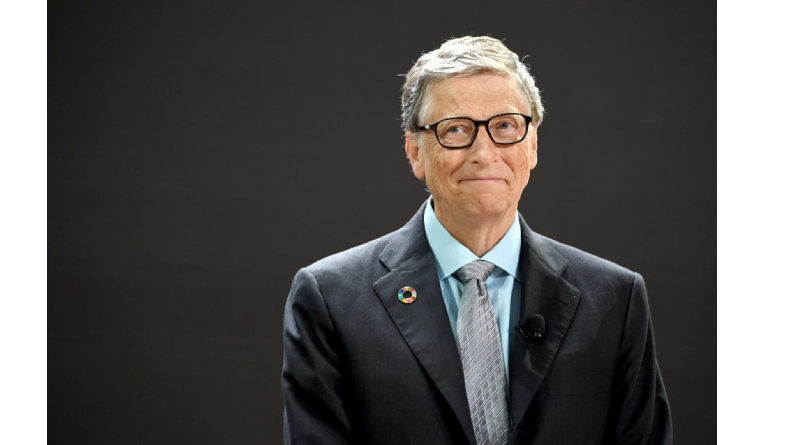The Bill and Melinda Gates Foundation, which has contributed billions to several causes all over the world and concentrates on charitable efforts toward healthcare and the eradication of disease, intends to continue operating for just another 25 years. The foundation plans to continue concentrating on such initiatives, but Bill Gates has been considering another matter.
What Took Place: At the 2022 Forbes 400 Philanthropy Summit, Gates said, “People want for easy fixes, and the reality can be dull at times. It would be wise to invest in anyone who has strong ideas for lowering divisiveness and making the truth just as interesting as the outlandish stuff.”
The Pew Research Center characterised political polarisation in the United States as the widening difference between liberals and conservatives, Republicans and Democrats. The Microsoft founder was speaking about this phenomenon.
“We’re going to have a hung election and a civil war, I admit, and political polarisation may put an end to it all,” the billionaire remarked at the summit.
The political chasm in the United States has been growing for years. Republicans and Democrats’ divisions in Congress have only grown, and since most Americans acquire their news and information from sources that share their political beliefs, disagreements over the crucial particulars of many political topics are amplified.
The problem, according to Gates, is the divisiveness and lack of trust. “A book by Robert Kennedy that said I like to earn money and use vaccines to murder millions of people was one of the best-selling books of the past year. That sells well is weird.
Also Read : Second Pivot For More Unicorns: From Product-Innovation To Strategy-Innovation… Everywhere
Why It Matters: Polarization and misinformation are closely related, and the American News Pathways project by the Pew Research Center discovered consistent differences in what various segments of the population, including political partisans and readers of specific news sources, heard and believed about the developments surrounding COVID-19 and the 2020 election.
For instance, news consumers were more likely to encounter and believe certain incorrect or unsupported assertions if they regularly exclusively saw outlets with right-leaning audiences.
The study also showed that, in certain cases, phrases like “misinformation” and “fake news” have come to refer to news and information that does not support people’s preferred worldviews or narratives, regardless of whether the information was actually untrue.

